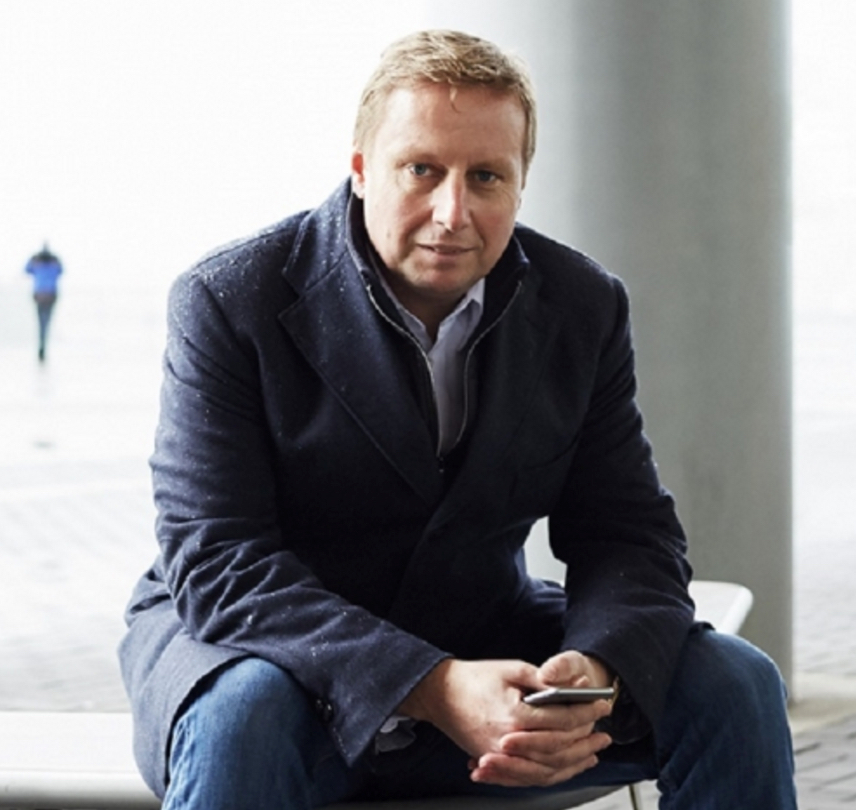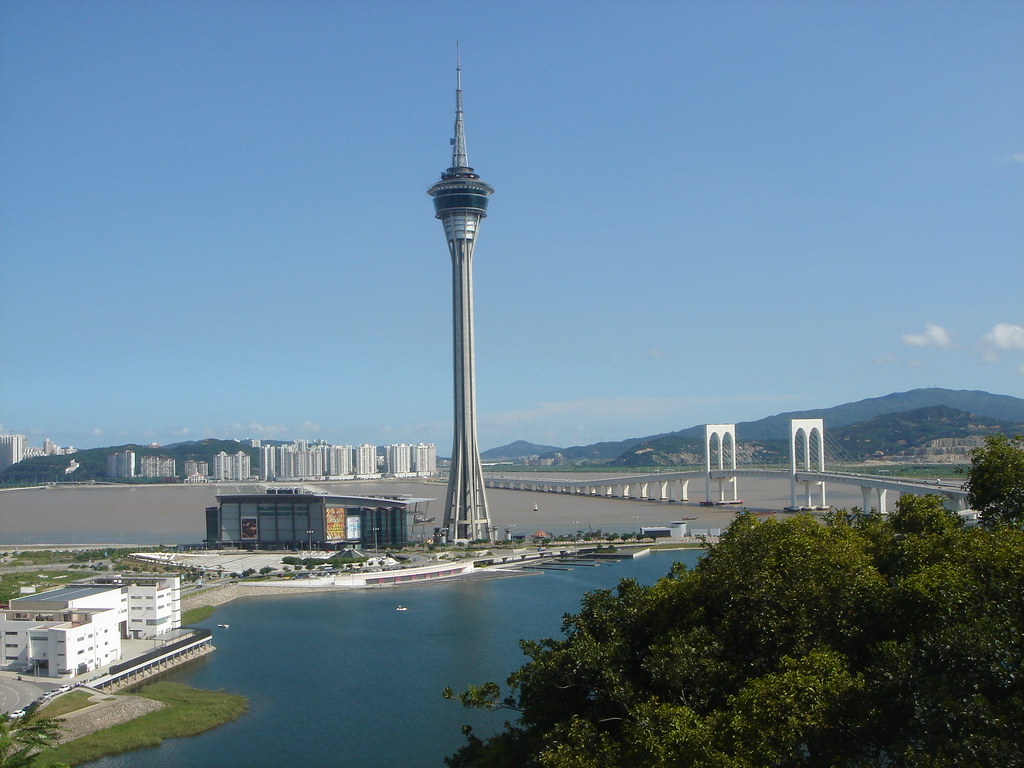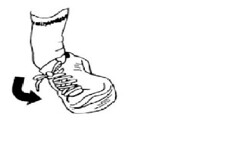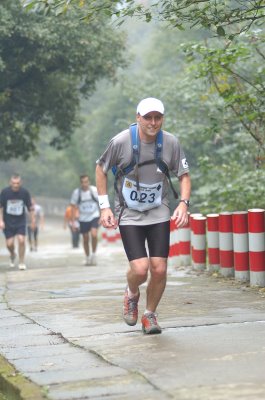After the first part of this post yesterday with three book descriptions (actually five, because the first was a trilogy), today four other English language books – plus a few Dutch titles that I read but won’t review.
The Shadow of the Wind – Carlos Ruiz Zafon
In a list of best novels read in 2009 this will likely be number one. What a marvelous book! I bought it as an ebook in August this year after reading some positive book reviews for the book. Then to my surprise I noticed that I already owned the book in a paper version (albeit in Dutch, not in the English ebook version). I apparently had bought it a while ago (the book was published 5 years ago already) and had forgotten about it. That happens to me regularly with DVD’s, where I buy them twice because I forgot I already purchased them earlier, but with books this was the first time. Not smart, but the book was so good that I don’t mind having it twice. The Shadow of the Wind plays in post-war Barcelona, where a young boy finds a rare book called The Shadow of the Wind, that he likes very much. He tries to learn more about the author and finds that he has been killed during the civil war and that all of his books seem to have been destroyed. As the book continues the boy (growing into a man during the course of the book) finds out that the author may not have been killed but traveled to Paris. The more he digs into the writer’s life the more he realizes there are incredible parallels to his own life. The book is partly a mystery and thriller, partly a historical novel and partly a romance novel. That, combined with Zafon’s excellent storytelling skills made this into a must-read book for me. A pity I only read the book now and not a few years ago already. The good thing is that I can now already start reading in Zafon’s next book The Angel’s Game, a book that has partly the same characters as The Shadow of the Wind.
Beach Road – James Patterson
Two weeks ago I was looking for a quick read and because James Patterson normally does not disappoint me and the white beach picture on the cover page looked very attractive to me, I decided to buy it. That was a mistake. The book itself is mainly about a lawyer that defends a black basketball player who is accused of killing 3 white guys with a gun. Each chapter is written from the view point of a different person, which makes the book kind of difficult to read. But that’s not the main problem I have with it. After reading about 80% of the book the story line suddenly changes completely. The reader learns something that turns the story around completely, but which is so highly unlikely that I wished that I would had never bought the book. I like a book with a twist in a storyline, but what Patterson did here is just totally unbelievable. A waste of time, and probably the last time that I buy a book from James Patterson without checking some reviews first.
Dan Brown – The Lost Symbol
I had been looking forward to this book for quite some time, and the moment it became available I immediately got it as an ebook. It was an easy read, it only took me a few days to finish it. But after finishing it and thinking it through, I felt a bit disappointed. Sure, the story was fun to read and it had a lot of interesting facts about the Freemasons and hidden symbols in Washington D.C. But I felt it was almost a copy of The Da Vinci Code in a different setting. Following clues and solving puzzles while chasing a killer. That is not necessarily a big problem, but in this case it is, because I felt that The Da Vinci Code was a much better book. The Lost Symbol was hyped quite a bit before it was published, and for me it did not live up to its hype. Especially the end I found particularly weak, the solution to the puzzle was a disappointment and the author could have skipped the last 20 pages or so. A pity, but I guess after a huge hit like The Da Vinci Code it is very difficult to come up with something better, the expectations had been just too high. Not a bad book, but a far cry from The Da Vinci Code.
Haruki Murakami – What I talk about when I talk about running
Until five weeks ago I was running almost daily to train for the Shanghai half marathon. Until I suddenly sprained my ankle in early October and had to stop running completely (I just started again 2 days ago). As a compensation I decided to read a book about running – well, actually my colleague Richard gave me the book to read – and that was a good choice. Of course it made me miss running even more, but it was nice to read what another runner thinks about while running, or what his motivation is to run a marathon or join in a 100 km ultrarace. For me running has several purposes. The main is that I want to stay in good shape so that I can always run 10-15 km without any problems. I also do it to stay sane; sometimes work is quite stressful and running after work makes me feel much better. It also makes me more productive: when I come home tired after a long day, a 30 min run on the treadmill makes me feel completely fit again. Same thing in the morning, after an early morning run my day is normally much more productive. It turns out the writer has partly the same reasons, and it’s interesting to read his thoughts about running and during his runs. He shows a side of himself that most people probably don’t know about. The book is a bit like a blog, in the sense that the writer shares personal stories and feelings, and for a runner like me these are very recognizable. However, I think that if you’re not a runner you won’t enjoy the book very much, except maybe when you are a big fan of the writer. So for non-runners I would not recommend the book, but if you’re crazy about endurance sports like me you might enjoy the read as well.
I also read a couple of Dutch books that I won’t review here because most of my readers cannot read Dutch. Among others De eeuw van mijn vader (My father’s century) by Geert Mak that I liked very much, and several books by Adriaan van Dis (among others Een Barbaar in China, Familieziek and De Wandelaar). See also my blog post about Adriaan van Dis for some more background on the writer and his novels.
If you have any book suggestions for me, let me know. Happy reading!
 Tomorrow TEDxBeijing will take place at CNEX. This is the second TEDx event in China, after TEDxShanghai that took place at M1NT in June this year.
Tomorrow TEDxBeijing will take place at CNEX. This is the second TEDx event in China, after TEDxShanghai that took place at M1NT in June this year.





